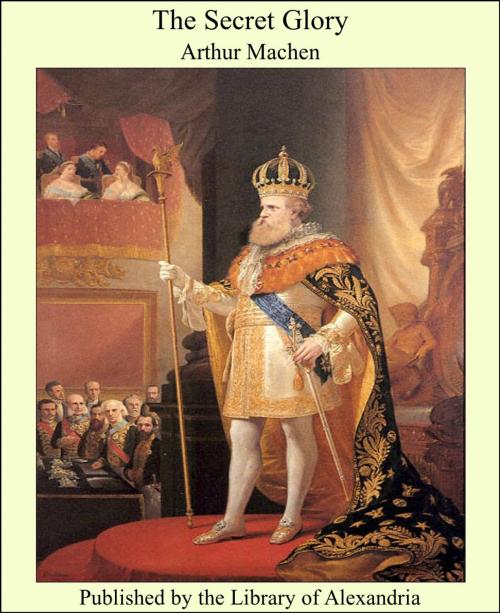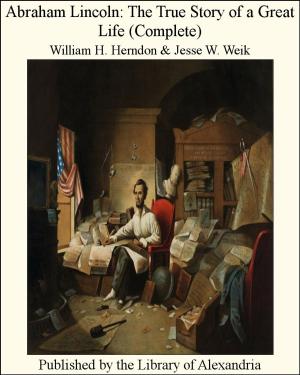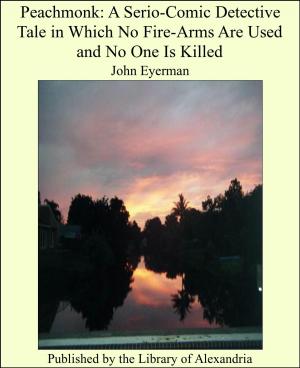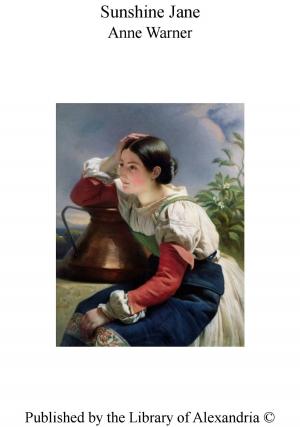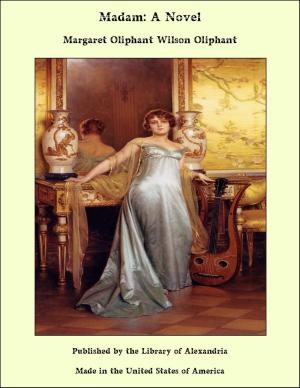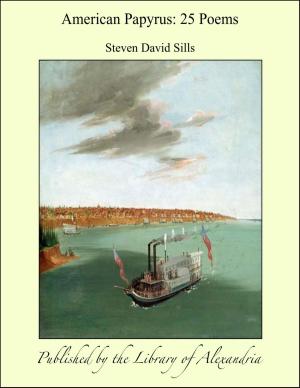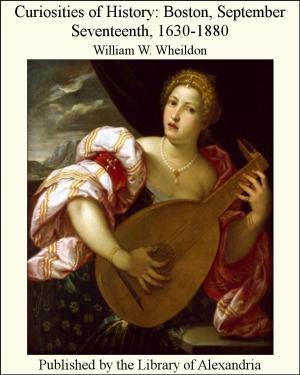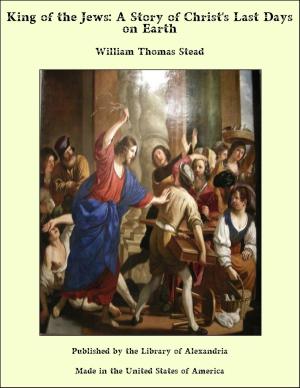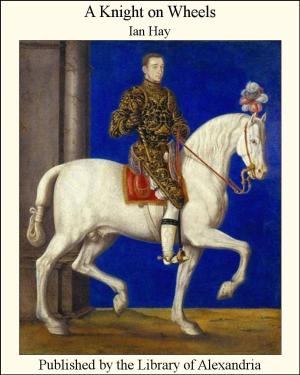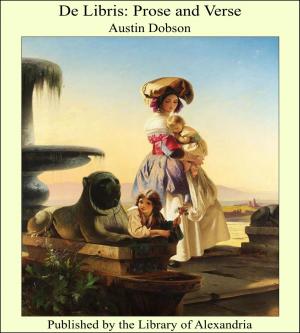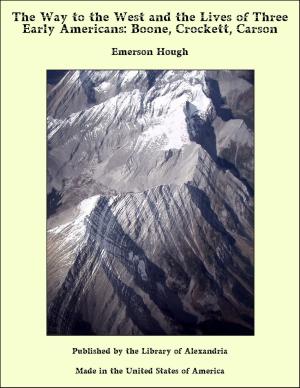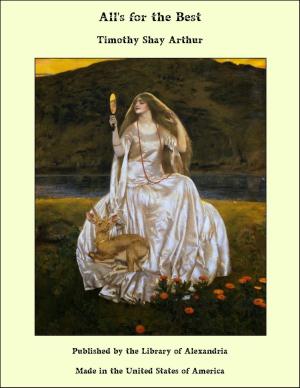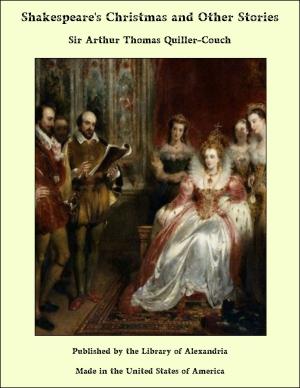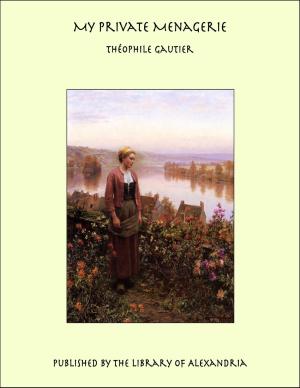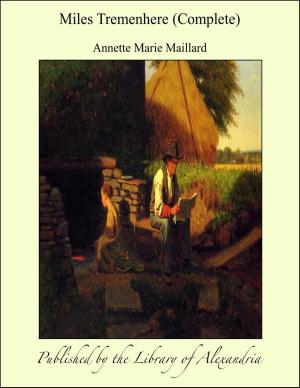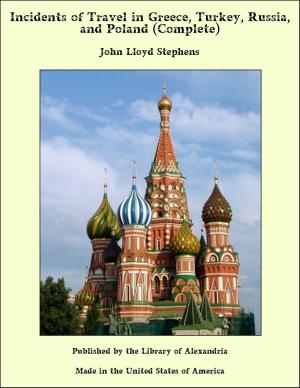| Author: | Arthur Machen | ISBN: | 9781465539892 |
| Publisher: | Library of Alexandria | Publication: | March 8, 2015 |
| Imprint: | Language: | English |
| Author: | Arthur Machen |
| ISBN: | 9781465539892 |
| Publisher: | Library of Alexandria |
| Publication: | March 8, 2015 |
| Imprint: | |
| Language: | English |
Some years ago I met my old master, Sir Frank Benson—he was Mr. F. R. Benson then—and he asked me in his friendly way what I had been doing lately. "I am just finishing a book," I replied, "a book that everybody will hate." "As usual," said the Don Quixote of our English stage—if I knew any nobler title to bestow upon him, I would, bestow it—"as usual; running your head against a stone wall!" Very good. The year after, schoolmasters and football had ceased to engage my attention. I was deeply interested in a curious and minute investigation of the wonderful legend of the Holy Grail; or rather, in one aspect of that extraordinary complex. My researches led me to the connection of the Grail Legend with the vanished Celtic Church which held the field in Britain in the fifth and sixth and seventh centuries; I undertook an extraordinary and fascinating journey into a misty and uncertain region of Christian history. I must not say more here, lest—as Nurse says to the troublesome and persistent child—I "begin all over again"; but, indeed, it was a voyage on perilous seas, a journey to faery lands forlorn—and I would declare, by the way, my conviction that if there had been no Celtic Church, Keats could never have written those lines of tremendous evocation and incantation
Some years ago I met my old master, Sir Frank Benson—he was Mr. F. R. Benson then—and he asked me in his friendly way what I had been doing lately. "I am just finishing a book," I replied, "a book that everybody will hate." "As usual," said the Don Quixote of our English stage—if I knew any nobler title to bestow upon him, I would, bestow it—"as usual; running your head against a stone wall!" Very good. The year after, schoolmasters and football had ceased to engage my attention. I was deeply interested in a curious and minute investigation of the wonderful legend of the Holy Grail; or rather, in one aspect of that extraordinary complex. My researches led me to the connection of the Grail Legend with the vanished Celtic Church which held the field in Britain in the fifth and sixth and seventh centuries; I undertook an extraordinary and fascinating journey into a misty and uncertain region of Christian history. I must not say more here, lest—as Nurse says to the troublesome and persistent child—I "begin all over again"; but, indeed, it was a voyage on perilous seas, a journey to faery lands forlorn—and I would declare, by the way, my conviction that if there had been no Celtic Church, Keats could never have written those lines of tremendous evocation and incantation
